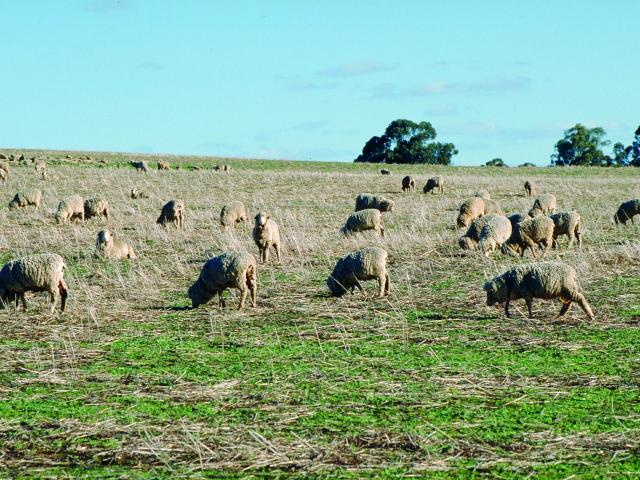Give your autumn drench now
In normal summer with hot and dry weather the vast majority of scour worm eggs in sheep faeces die quickly, and never reach the larval stage that can infect sheep.
Normally, ‘scour worms’ (i.e. other than Barber’s pole worm) are not a significant risk during summer, provided weaned lambs and hoggets were given an effective drench (i.e. drench with greater than 98% efficacy) last December.
Adult ewes in good body condition can tolerate small worm burdens, so can be left undrenched until late March or early April (“autumn drenching”).
This scenario has now changed with the widespread heavy rainfall during February in many agricultural districts.
However, if hot, dry conditions have subsequently occurred on your property there is no change to this advice.
The longer green pasture and mild temperatures remain, the higher the rate of survival of worm larvae in faeces being deposited on the ground now.
Consequently, the winter worm population will start from a higher base in the coming early winter period.
A short period of germinating pasture does not immediately cause an increase in scour worms in sheep. However, if ewes had not been drenched before summer then it is recommended to drench all your sheep now.
One way to assess the situation particularly if ewes were given a summer drench is to get a worm egg count done.
Using an effective ‘autumn’ drench (i.e. drench with greater than 98% efficacy) is essential otherwise future winter worm problems will be costly.
Re-check your ewes four weeks before the commencement of lambing by getting a worm egg count done.
Ineffective worm control now in your ewes will lead to reduced growth rates in your lambs this coming winter.
If Barber’s Pole worm is present in your flock and green pastures persist or sheep graze perennial pastures then an outbreak may occur within 5 weeks post rainfall.
However, it is difficult to predict whether Barber’s Pole worm will be a problem even in high risk coastal areas without getting a worm egg count.
Making use of tools like worm egg counts (taken at the right time), getting timely advice from consultants with knowledge of worm control or seeking information from “Worm Boss” will be good investments this year.
For more information contact Danny Roberts, Veterinary Officer, Albany +61 (0)8 9892 8535.

